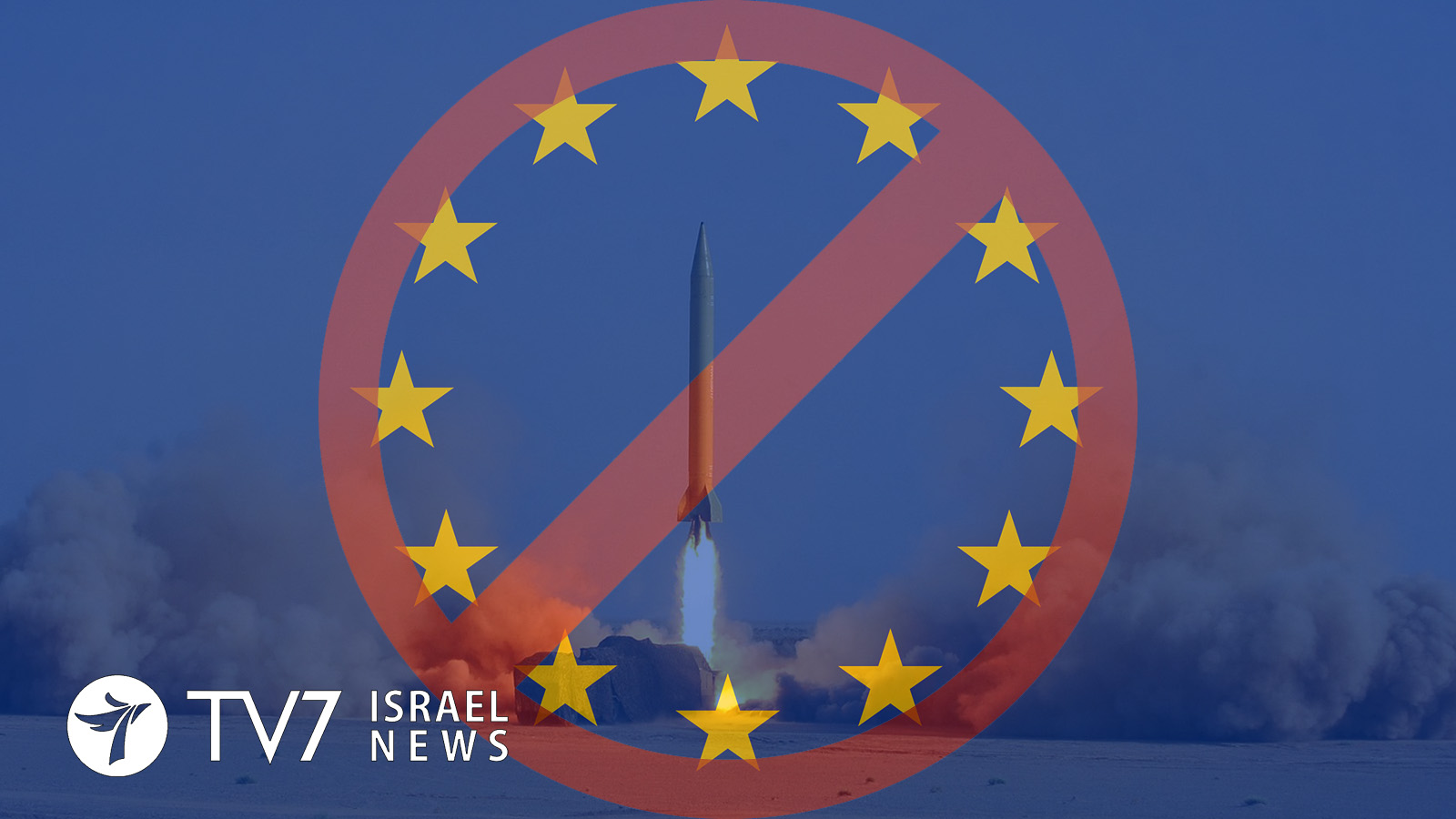The European Union voiced “grave concern” over the Islamic Republic’s ongoing ballistic missile launches and tests and called on Iran to immediately halt activities that deepen mistrust, destabilizing the region. In a rare join-statement of EU member states, the European bloc accused Iran of continuing to “undertake efforts to increase the range and precision of its missiles, together with increasing the number of tests and operational launches,” which according to the EU “These activities deepen mistrust and contribute to regional instability.” The statement further condemned Iran’s malign activities, including Tehran’s policy of meddling in several Middle East conflicts and recent attempts to assassinate Iranian opposition figures that lives in Europe. While the statement also criticized Iran’s “provision of military, financial and political support to non-state actors in countries such as Syria and Lebanon,” the 28 Member bloc hailed last week’s creation of a Special Purpose Vehicle called INSTEX, short for an Instrument In Support Of Trade Exchanges, which effectively allows European companies to maintain business relations with the Islamic Republic despite international sanctions that were imposed on Tehran by Washington.
During last week’s announcement, French Foreign Minister Jean-Yves Le Drian revealed that the new trade mechanism will “allow willing European companies to pursue licit trade with Iran, particularly in the areas of health and agri-food,” and urged other countries that seek to preserve the 2015 nuclear deal with the Islamic Republic, to support the European endeavor. “This company aims to allow willing European companies to pursue licit trade with Iran, particularly in the areas of health and agri-food, these sectors of primary need for the Iranian population.” / “And then, it is also a political act because it is a gesture for the protection of European interests. The interests of our companies which fully respect our right and which must be able to continue to trade freely. And, founded by three European states, we want INSTEX to be quickly supported by others,” the French Foreign Minister said. It is important to note that while the INSTEX was supposedly created without preconditions, so-long as Iran abides by the multilateral nuclear agreement in its statement the European Union added an ‘expectation’ according to which Iran must swiftly implement all elements of the FATF action plan – that aims to combat money laundering and the financing of terror. While the FATF, short for Financial Action Task Force, blacklisted the Islamic Republic for posing “a concrete risk to the international financial system” and its continued financial support to internationally recognized terror organizations; an EU diplomat underscored that Iran’s compliance with the “FATF is not a precondition,” rather – it is viewed in Brussels as “a strong expectation.”
Meanwhile in Tehran, the Iranian government welcomed the creation of the EU-established Special Purpose Vehicle. Iran’s Deputy Foreign Minister Abbas Araqchi said that the Islamic Republic will also setup a mirror company, to counterpart the INSTEX mechanism, and that ongoing discussions are being held in Brussels to implement the necessary measures. That said, in response to the EU condemnation of Iran’s malign activities, the Ayatollah regime released a dismissive statement, in which it called the European allegations “baseless” and “non-constructive.” Contrasting with the Iranian government’s welcoming position, a top Iranian judge announced that the Islamic Republic would never accept the “humiliating conditions” set by the European Union for INSTEX, which is intended to evade U.S. sanctions. Iran’s Chief Judiciary, Ayatollah Sadeq Amoli Larijani, stressed that “After nine months of procrastination and negotiations, Europeans have created a mechanism with limited capacity, not for exchanging money but for food and medicine.” According to Ayatollah Larjiani, ‘the first “strange” condition is that Iran should join the Financial Action Task Force, while the other is that the country should enter negotiations regarding its ballistic missile program. The Chief Iranian Judiciary, who is appointed by Iran’s Supreme Leader Ayatollah Ali Khamenei, declared that “Iran will by no means accept (Europe’s) humiliating conditions and will not accede to any demand at the expense of opening a small waterway such as INSTEX.”
